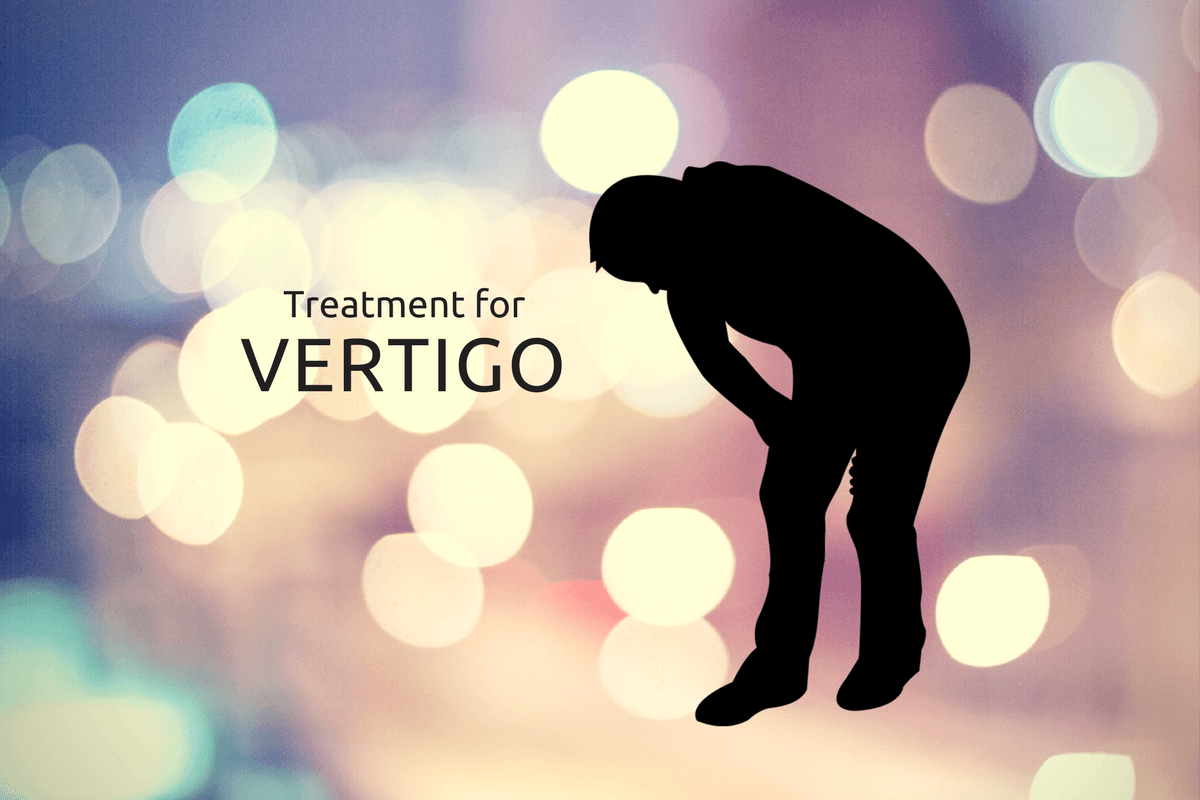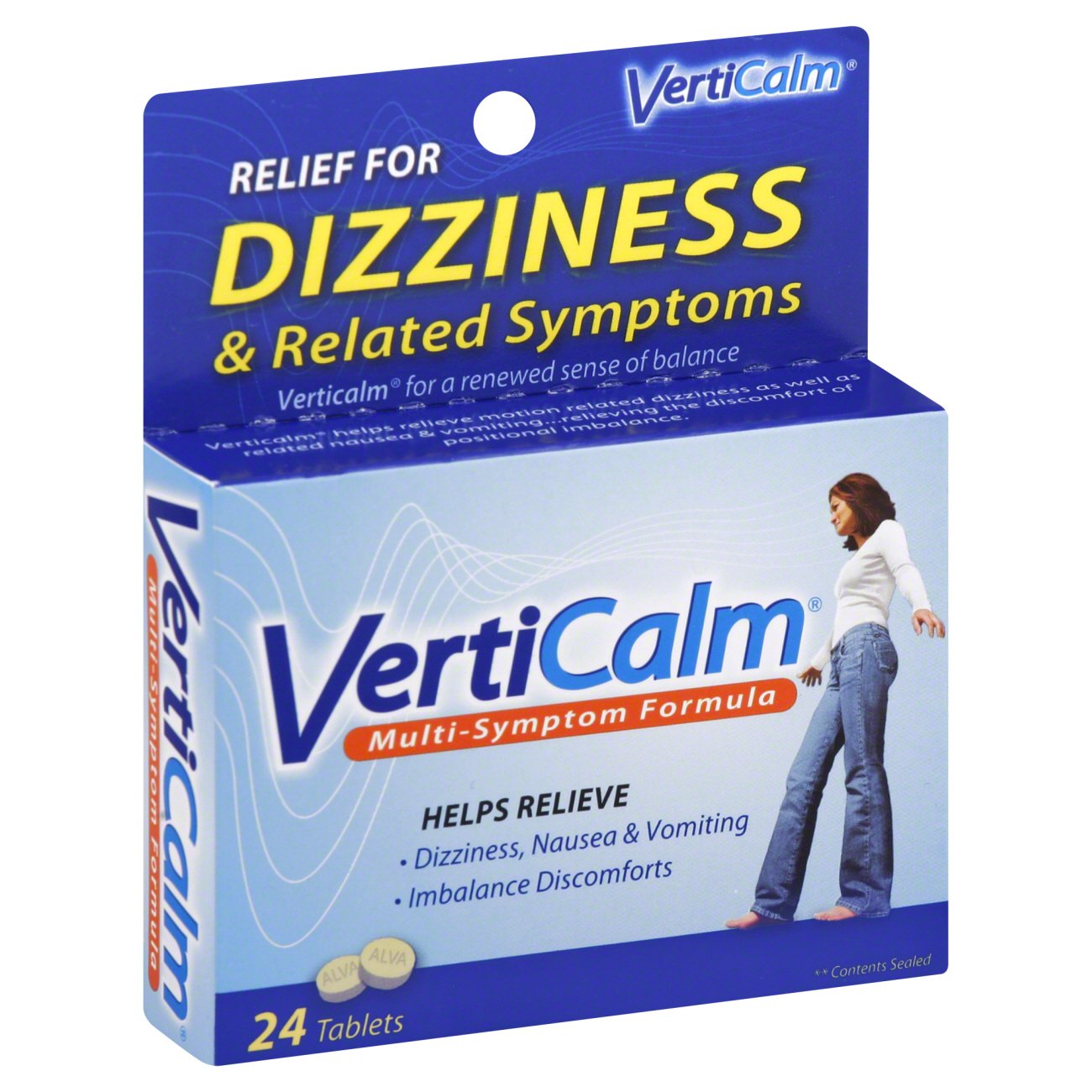Is there medicine for vertigo? This question plagues millions worldwide who experience dizziness, imbalance, and nausea associated with this condition. In this comprehensive guide, we delve into the types, causes, diagnosis, treatment options, and home remedies for vertigo, empowering you with knowledge to manage your symptoms effectively.
Types of Vertigo: Is There Medicine For Vertigo

Vertigo is a sensation of dizziness or imbalance that can be caused by a variety of underlying conditions. There are three main types of vertigo: peripheral, central, and positional.
Peripheral Vertigo
Peripheral vertigo is the most common type of vertigo. It is caused by a problem in the inner ear, which is responsible for balance. Symptoms of peripheral vertigo can include:
- Dizziness or spinning sensation
- Nausea and vomiting
- Hearing loss
- Tinnitus (ringing in the ears)
Central Vertigo
Central vertigo is less common than peripheral vertigo. It is caused by a problem in the brain, such as a stroke, tumor, or multiple sclerosis. Symptoms of central vertigo can include:
- Dizziness or spinning sensation
- Double vision
- Numbness or weakness on one side of the body
- Difficulty speaking or swallowing
Positional Vertigo
Positional vertigo is caused by a problem with the crystals in the inner ear. These crystals can become dislodged and move into the wrong part of the ear, which can cause dizziness when the head is moved in certain positions.
Symptoms of positional vertigo can include:
- Dizziness or spinning sensation
- Nausea and vomiting
- Headaches
- Neck pain
| Type of Vertigo | Cause | Symptoms |
|---|---|---|
| Peripheral Vertigo | Problem in the inner ear | Dizziness, nausea, vomiting, hearing loss, tinnitus |
| Central Vertigo | Problem in the brain | Dizziness, double vision, numbness or weakness on one side of the body, difficulty speaking or swallowing |
| Positional Vertigo | Problem with the crystals in the inner ear | Dizziness, nausea, vomiting, headaches, neck pain |
Causes of Vertigo
/man-hand-taking-medicine-1029339748-0c4f3f86d5db48b2a28ab193ac92dcf7.jpg)
Vertigo is a common symptom that can be caused by a variety of underlying conditions. These conditions can affect the inner ear, the neurological system, or both.
The most common causes of vertigo are:
Inner Ear Disorders
- Benign paroxysmal positional vertigo (BPPV): This is the most common cause of vertigo and is caused by a loose piece of calcium carbonate (otoconia) in the inner ear.
- Ménière’s disease: This is a condition that causes episodes of vertigo, hearing loss, and tinnitus (ringing in the ears).
- Labyrinthitis: This is an inflammation of the inner ear that can be caused by a viral or bacterial infection.
Neurological Conditions
- Migraine: Migraine headaches can often be accompanied by vertigo.
- Stroke: A stroke can damage the brain and cause vertigo.
- Multiple sclerosis: This is a chronic neurological condition that can cause a variety of symptoms, including vertigo.
Medications, Is there medicine for vertigo
- Certain medications, such as antibiotics, antidepressants, and anti-seizure medications, can cause vertigo as a side effect.
Diagnosis of Vertigo

Diagnosing vertigo involves a comprehensive assessment to identify the underlying cause. This process typically includes a combination of physical exams, balance tests, and imaging techniques.
Physical Exams
Physical exams assess general health, neurological function, and the ear. The doctor may check for nystagmus (involuntary eye movements), hearing loss, and other signs of vestibular or neurological disorders.
Balance Tests
Balance tests evaluate the function of the vestibular system and other sensory inputs involved in balance. These tests may include:
- Dix-Hallpike maneuver:Tests for positional vertigo by moving the head and body into specific positions.
- Romberg test:Tests balance with eyes open and closed.
- Gait analysis:Assesses walking patterns and balance.
Imaging Techniques
Imaging techniques provide detailed views of the inner ear and brain to identify structural abnormalities or lesions:
- Magnetic resonance imaging (MRI):Creates detailed images of the brain and inner ear, showing abnormalities in the vestibular system.
- Computed tomography (CT) scan:Provides cross-sectional images of the skull and inner ear, detecting tumors or other structural issues.
| Step | Method | Purpose |
|---|---|---|
| 1 | Physical exam | Assess general health, neurological function, and ear health. |
| 2 | Balance tests | Evaluate the function of the vestibular system and other sensory inputs. |
| 3 | Imaging techniques (MRI/CT scan) | Identify structural abnormalities or lesions in the inner ear or brain. |
Treatment Options for Vertigo
Vertigo can be treated with a variety of methods, depending on the underlying cause. Treatment options include medications, physical therapy, and lifestyle changes.
Medications, Is there medicine for vertigo
Medications can be used to treat vertigo by reducing symptoms such as dizziness, nausea, and vomiting. Common medications used to treat vertigo include:
- Anticholinergics: These medications block the action of acetylcholine, a neurotransmitter that can cause dizziness.
- Antihistamines: These medications block the action of histamine, a neurotransmitter that can cause nausea and vomiting.
- Benzodiazepines: These medications relax the muscles and reduce anxiety, which can help to improve balance and reduce dizziness.
The effectiveness and side effects of common medications used to treat vertigo are compared in the following table:
| Medication | Effectiveness | Side Effects |
|---|---|---|
| Anticholinergics | Moderate | Dry mouth, blurred vision, constipation |
| Antihistamines | Mild | Drowsiness, dry mouth |
| Benzodiazepines | High | Drowsiness, dizziness, confusion |
Home Remedies for Vertigo
Vertigo can be a debilitating condition, but there are a number of simple home remedies that can help alleviate symptoms. These remedies are generally safe and effective, and they can be used in conjunction with traditional medical treatment.
One of the most common home remedies for vertigo is the Epley maneuver. This maneuver is a series of head and body movements that can help reposition the calcium crystals in the inner ear, which can cause vertigo.
Epley Maneuver
- Sit upright on the edge of your bed with your head turned 45 degrees to the side that is causing you vertigo.
- Lie down quickly on your back, keeping your head turned to the side.
- Hold this position for 30 seconds.
- Turn your head 90 degrees to the other side.
- Hold this position for 30 seconds.
- Sit up slowly.
The Epley maneuver can be repeated several times a day until your symptoms improve.
Another common home remedy for vertigo is ginger. Ginger has been shown to have anti-nausea and anti-vertigo effects.
If you’re experiencing dizziness or a spinning sensation, you may be wondering if there is medicine for vertigo. The answer is yes, there are various medications available to treat vertigo. These medications, like medicine for vertigo disease , can help reduce symptoms and improve your quality of life.
It’s important to consult with a healthcare professional to determine the most appropriate treatment for your specific condition.
Ginger Consumption
- Eat fresh ginger or drink ginger tea.
- Take ginger supplements.
Ginger is generally safe to consume, but it can interact with certain medications. Talk to your doctor before taking ginger if you are taking any medications.
Other home remedies for vertigo include:
- Vestibular rehabilitation exercises.
- Acupuncture.
- Massage therapy.
- Stress reduction techniques.
These remedies can help alleviate symptoms of vertigo, but they are not a cure. If you have vertigo, it is important to see a doctor to rule out any underlying medical conditions.
When to Seek Medical Attention
If you experience severe or persistent vertigo, it’s important to seek medical attention promptly. Ignoring severe vertigo can lead to serious health risks, such as falls, injuries, and complications with underlying medical conditions.
Warning Signs and Symptoms
Seek immediate medical attention if you experience any of the following signs or symptoms along with vertigo:
- Sudden onset of vertigo
- Severe dizziness or imbalance that makes it difficult to walk or stand
- Headache, nausea, or vomiting
- Double vision or blurred vision
- Slurred speech or difficulty speaking
- Weakness or numbness on one side of the body
- Confusion or disorientation
- Loss of consciousness
These symptoms could indicate a more serious underlying medical condition, such as a stroke, brain tumor, or inner ear infection.
Last Word
Vertigo can be a debilitating condition, but with proper diagnosis and treatment, you can regain your balance and well-being. Remember, you are not alone in this journey. Seek medical attention if necessary, explore home remedies, and make lifestyle changes to alleviate your symptoms.
Together, we can conquer vertigo and restore your quality of life.

